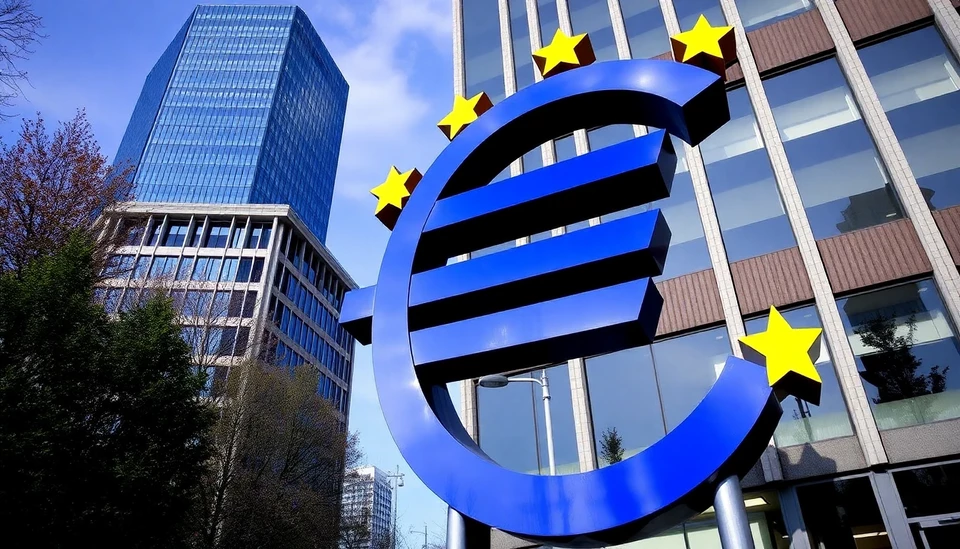
In a noteworthy development for the Euro Zone's economic landscape, inflation rates for September have been adjusted downward, providing critical support for the European Central Bank (ECB) as it deliberates potential interest rate cuts. This revision, released by Eurostat, reflects a more nuanced understanding of price pressures across the region, which may influence the ECB's future monetary policy decisions.
The updated figures indicate that inflation in the Euro Zone fell to 4.3% year-on-year in September, down from the previously reported 4.5%. This descending trend may signal a shifting economic environment, aiding the ECB's decision-making process as it seeks to balance combating inflation with sustaining economic growth. Many analysts view this revision as a positive sign, suggesting that inflationary pressures may be easing across various sectors.
In particular, the new report highlights a cooling off in energy prices and non-energy industrial goods, two key components that have historically contributed to inflation spikes. These observations have sparked speculation about a potential dovish shift in the ECB's monetary policy stance. Economists are now debating whether this revised data will prompt the ECB to lower interest rates at its next meeting, scheduled for early November.
The ECB has recently signaled its intent to potentially pivot from previous tightening measures, especially as economic indicators suggest a slower growth trajectory within the Euro Zone. The central bank has kept interest rates at record highs in an effort to anchor inflation expectations; however, the recent economic slowdown has led to calls for a reassessment of this strategy.
Furthermore, the German economy, which is the largest in the Euro Zone, has displayed signs of significant weakness, with consumer demand waning and exports declining. These factors contribute to the overall cautious sentiment among policymakers and analysts regarding future economic performance.
In the wake of this inflation revision, the financial markets have responded positively, with some traders betting on possible cuts in the near term. This anticipatory reaction underscores how closely market participants are watching the ECB's forthcoming meetings and the potential implications for the broader economy.
As the ECB prepares for its upcoming discussions, the revised inflation figures offer a glimmer of hope for policymakers seeking to navigate a challenging economic landscape while accommodating both inflation control and sustainable growth objectives. The situation remains fluid and will hinge on various domestic and global economic developments in the coming weeks.
In conclusion, the downward revision in Euro Zone inflation presents a pivotal moment for the ECB, potentially paving the way for a recalibrated monetary policy approach. Observers will keenly monitor the central bank's actions as it balances these finely-tuned economic indicators against broader fiscal realities.
#EuroZone #Inflation #ECB #InterestRates #EconomicPolicy #FinancialMarkets #GermanyEconomy
Author: Rachel Greene




